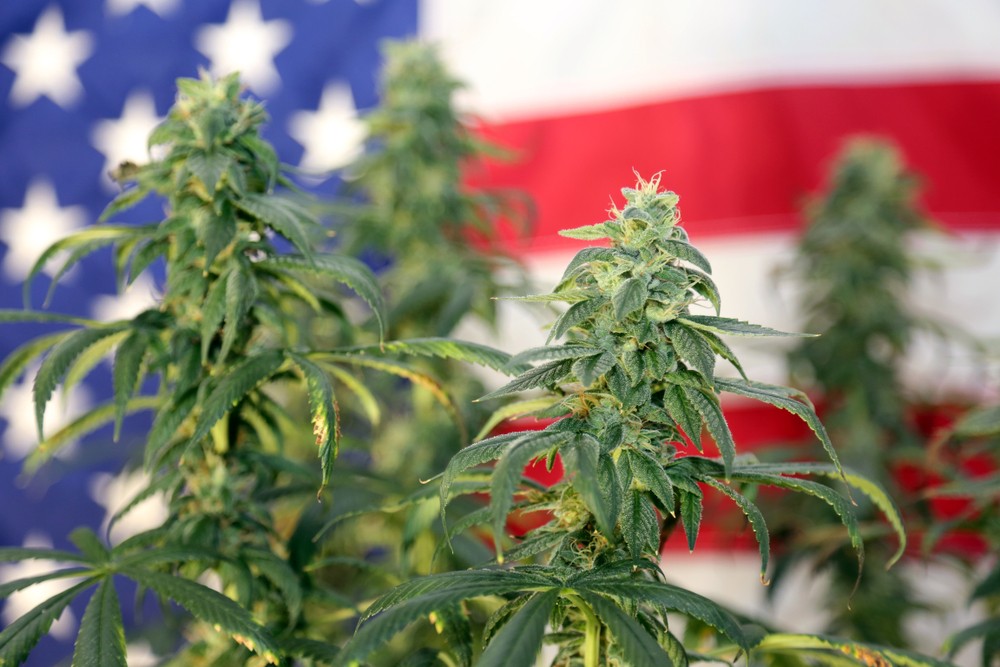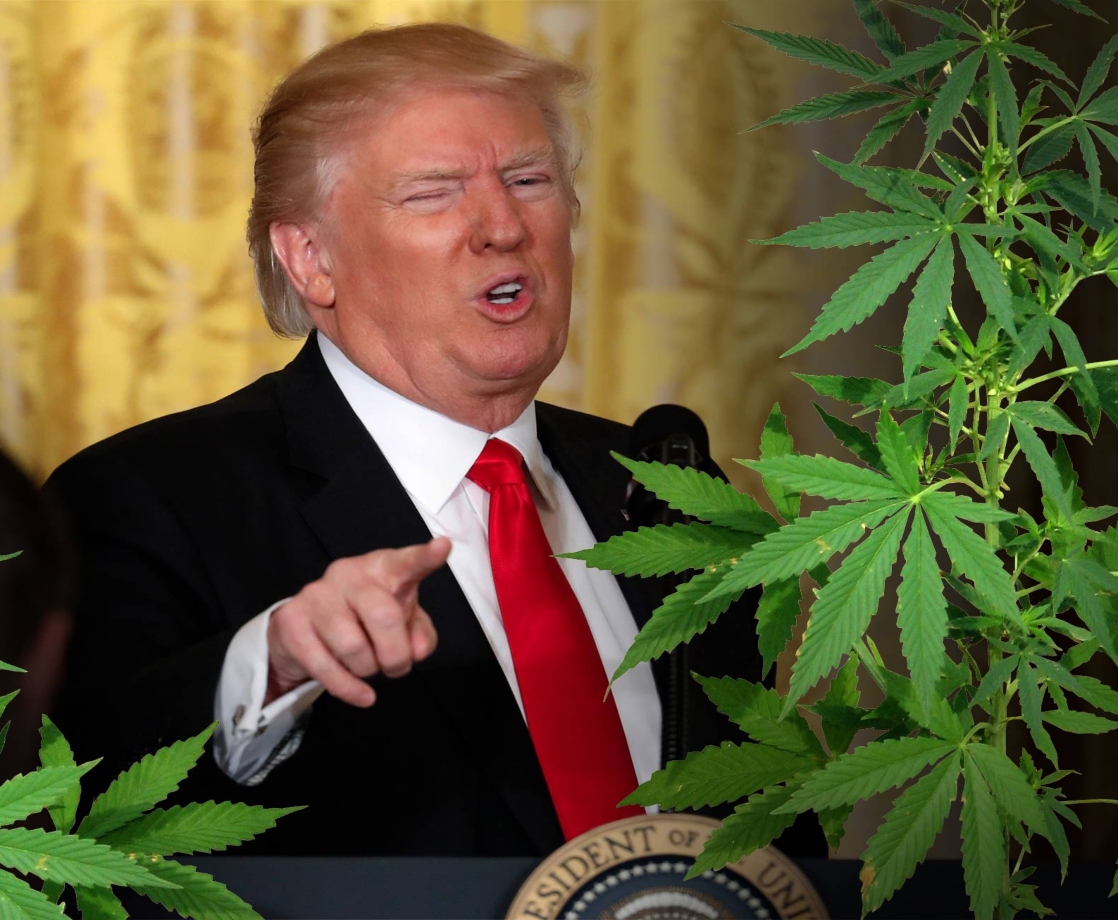A House of Representatives Rules Committee has scheduled a hearing for Wednesday in which they’ll discuss several proposed changes to the Marijuana Opportunity, Reinvestment, and Expungement (MORE) Act — a bill that would federally legalize cannabis.
Once the suggested amendments are finalized, a full floor vote on the MORE Act could happen as soon as Thursday. House Majority Leader Steny Hoyer has previously announced that the vote will happen before the end of this week.
Judiciary Committee Chairman Jerrold Nadler, the chief sponsor of the MORE Act, shared a series of proposals yesterday. The primary changes involve the bill’s tax provisions, while other proposals include establishing restorative justice programs, reaffirming the regulatory powers of federal agencies, and official language changes that include swapping out the term “marijuana” for “cannabis.”
The initial version of the MORE Act called for a five percent tax on marijuana products, a portion of which would be directed into a restorative program called the Community Reinvestment Grant Program, which would benefit the populations most severely ravaged by the War on Drugs.
Nadler’s altered language is now more in keeping with Sen. Ron Wyden’s Marijuana Revenue and Regulation Act, better known as “the 420 bill,” since its actual title is S.420.
The tweaked provision proposes that cannabis would be federally taxed at five percent for the first two years following legalization and, from there, increased by one percent each year until it hits eight percent. After five years, taxes would no longer be applied to marijuana products based on price, but instead based on weight.
In terms of a Community Reinvestment Grant Program, the altered bill specifies that its funds will go toward specific programs dedicated to job training, legal aid for marijuana arrest expungements, and literacy programs, and toward youth recreation and mentoring services.
Nadler’s additions also call for the FDA and the US Department of Health and Human Services (HHS) to implement “regulation, safety, manufacturing, product quality, marketing, labeling, and sale of products containing cannabis or cannabis-derived compounds” within the first year of the bill passing.
While weed would be legal under the MORE Act, an amendment would allow the US Department of Transportation to drug test workers for marijuana if those workers are in safety sensitive positions, such as truck drivers and heavy machinery operators. In the event of drug misuse, the updated bill dictates that funds will be available to “connect patients with substance use disorder services.”
Finally, the updated MORE Act would require that any instance of the terms “marijuana” or “marihuana” in the US Code or any other set of regulations be switched out in favor of the natural, medicinal, and more appropriate word, “cannabis.”











